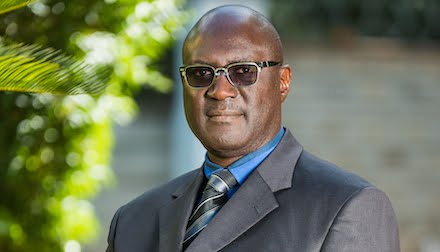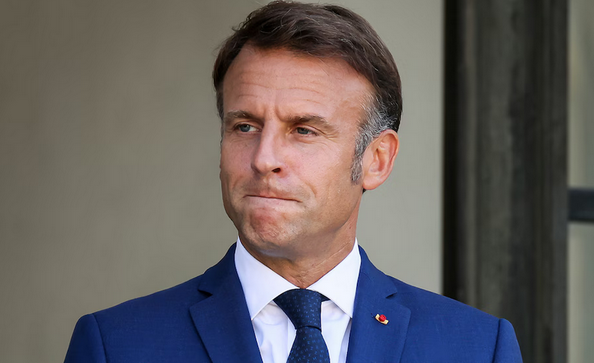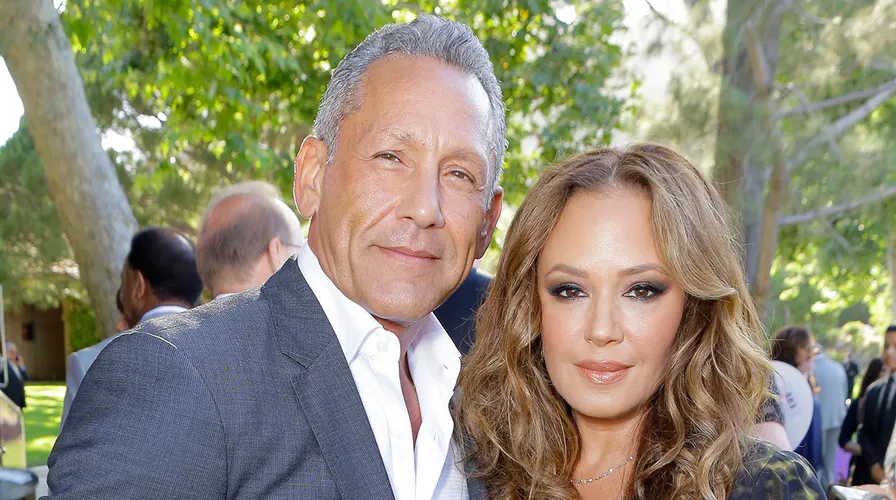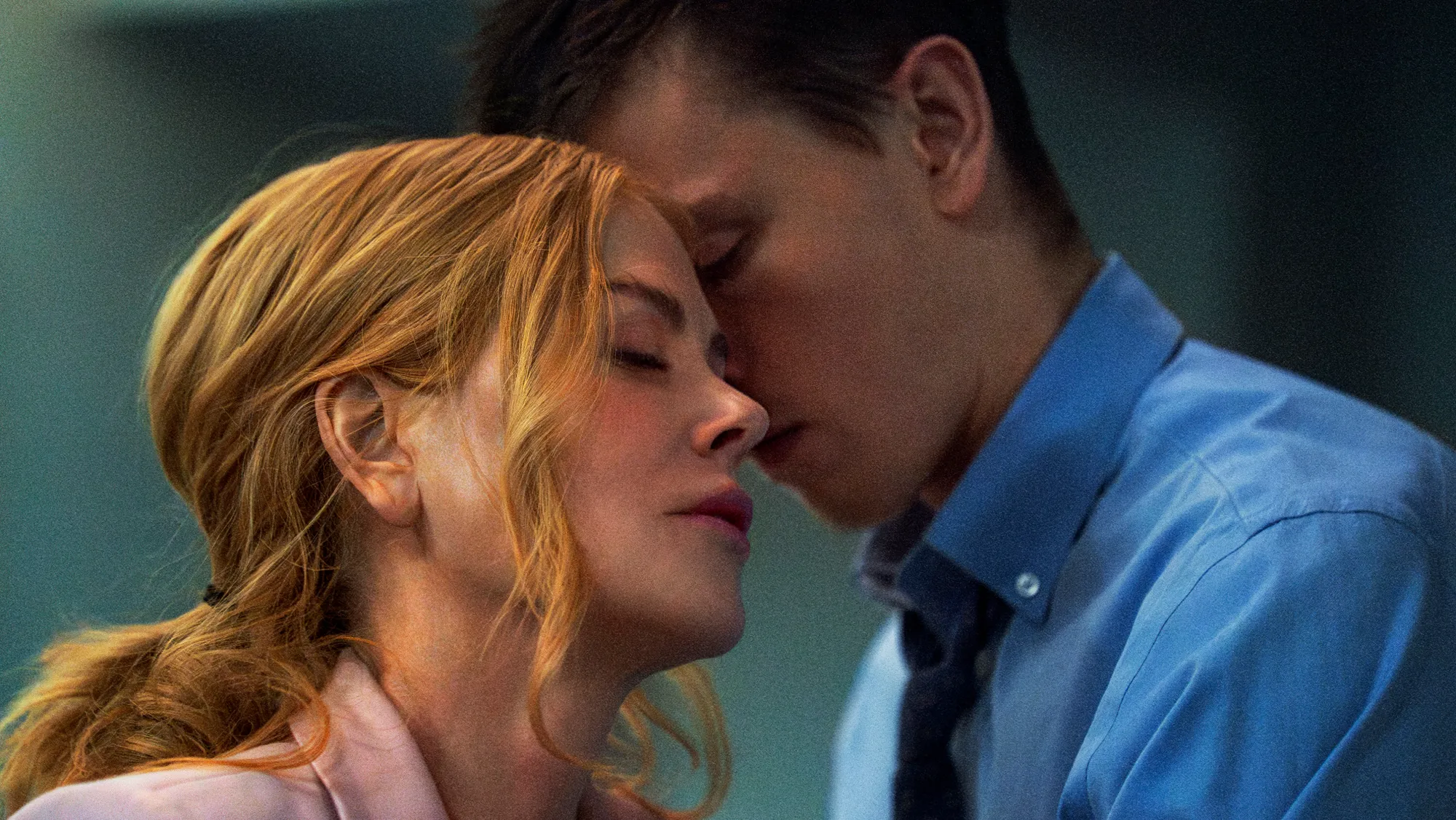Lucas Mboya, stays away from politics with fears of assassination.
On a Saturday afternoon in Nairobi on July 5, 1969, Tom Mboya, Kenya’s minister of economic planning and development stepped into Chhani’s Pharmacy to buy a bottle of lotion. When he emerged from the pharmacy, he was shot with a single bullet in the chest and died shortly after at Nairobi Hospital.
Mboya was only 38 when he died and was part of Kenya’s second largest ethnicity, the Luo. He was a Kenyan nationalist and pan Africanist who sought a brotherhood of the extended family in a United States of Africa. Black Star News’ Philip Matogo spoke to Tom Mboya’s son Lucas “Rateng” Mboya about his father, his politics, and future of Africa.
BSN: Hello, Lucas. How have you been?
LM: I have been well, keeping safe.
BSN: It’s been 52 years since your father died, do you have any fond memories you would like to share about him?
LM: Unfortunately my father died when I was just one and one-half years old. He died in 1969 July, I was born October 1967. So I have no recollection of him. Growing up, that caused me considerable discomfort. I knew I had a famous father, one who would have no doubt been the president after Kenyatta, but the state operatives who killed him had their way. That’s what Kenya has always been about. Greed and murder. It’s sad I know. I have no recollection. But if course I’ve learnt so much from other family members especially my later mum and some of our older relatives, uncle’s, aunties.
BSN: What do you think makes your father different from the politicians of today?
LM: There is no politician today in Kenya and there has never been one who could hold a candle to my dad. He was streets ahead. That’s why so many of his peers in the executive of that first administration feared him. I believe he genuinely saw what I also see today. There is a way to make this a great nation, but it can’t be achieved as long as the presidency remains the bedrock of corruption. In so far as the presidency in Kenya is a position fought over so those who win it can enrich themselves, families, sycophants and proxies, Kenya will fall deeper and deeper into ruin. My dad saw this a long time ago. [Some] around him realized that should he get the Presidency, their corrupt ways could be exposed, but most of all, he would not tolerate the continued corruption, land-grabbing that was going on. My dad [believed] that Kenya has the resources to lift is citizens out of poverty and allow us all to live in dignity. That’s what he was after. Greed spoiled his plans.
The Mboya family, left to right: Gladys Mboya (widow of late Peter Mboya) Justice Maureen Odero, Aunt Rose Olende, Tom Mboya Jr. and Wife Samantha, TJ Mboya and Simon Mboya, Susan Kidero, Lee Mboya, Sigrid and husband Lucas Mboya.
BSN: How would you describe his politics?
LM: His politics was a politics of inclusion. He saw beyond tribal, ethnic blocks. He understood what Nationhood was. He understood that independence in and of itself, did not make a Nation. While many were thinking that now that Kenya was independent, we had won the battle, he knew that the greater battle had not even begun. It was a battle for our National identity that is still not achieved today. That’s why a number of his speeches were compiled into the book, the “Challenge of Nationhood”. The politics today in Kenya is the politics of exclusion. Kenyans have been conditioned over the last five decades to support those from their community, tribe over and above everything else. The system has been so corrupted that having one from your tribe as president is the real prize in any election, instead of someone who is actually capable of propelling the country to greater heights irrespective of ethnicity. This is the bane of Kenya and indeed many African countries. My dad was different. Had he become president, Kenya would be a very different place. As it were, his killing derailed the chance for Kenya to become a nation. Right now, our country is just a mess.
BSN: Do you think his legacy could inspire a better Africa? And why?
LM: Yes. His legacy does inspire some to see a better way for Kenya. It certainly inspires me. Unfortunately our history as taught in schools has been distorted. Many who made tremendous efforts in the independence struggle have been forgotten, while some who were collaborators have reaped the greatest rewards. Many who fought in the Mau Mau struggle were cast aside and left to wallow in poverty. To date we don’t even know where Dedan Kimathi’s body is buried by the British. No president has stood up to Britain to reveal where his remains are, or get out of Kenya. That’s how bad our intellectual poverty is. How can Kimathi’s family get closure? Do successive governments even care? The struggle for independence is wrongly focused on the Kikuyu. They were part of the struggle for sure, but they were also fighting to save their lands which the British coveted more than any other part of the country. There were thousands of freedom fighters all over the country from all different ethnic backgrounds. My own maternal grandfather, Walter Odede, was Kenyatta’s deputy in the KAU and was imprisoned for seven years in Samburu. His name is nowhere in history books, so what kind of a fake history does Kenya have?
BSN: You look a lot like your late father. Are there any other features or qualities you share with him?
LM: Yes. I share his sense of justice. I also can’t bring myself to partner with people who are corrupt, nor can I respect them. I believe just as he did that Kenya can be the shining star of not just Africa, but the entire world. But we will not make any progress until we weed out this cancer called corruption and those who practice it. Nepotism and corruption go hand in hand. It’s a vicious downward spiral that no [one] I know of in Kenya has the integrity to stop let alone reverse. There is a TJRC report gathering dust on the shelves as we speak.
Lucas Mboya and his wife Sigrid
BSN: Do have any plans for a Tom Mboya library?
LM: There are plans for a Tom Mboya library. These are being spearheaded by the National Museums who have been renovating the Mausoleum (which is now National Monument) and their next phase is to construct a library. We are very grateful for their efforts.
BSN: With the East African federation taking shape, any plans to relocate to Uganda?
LM: Hold that thought, for more reasons than you know.
BSN: Apart from your father, who are the political leaders you admire the most?
LM: I’d say, the late Nelson Mandela, Barack Obama, the late Dr. Robert Ouko, late Julius Nyerere, Bill Clinton, to name a few. In Kenya there are none that I admire. Zip, zero. Not a single one that is worthy of emulating or upholding. None that are an example for our youth, none that I would look up to. Certainly not politicians. I do look up to Eliud Kipchoge (world record holder, marathon). He’s a man. An inspiration. He has a depth of character that is nonexistent in the political domain.
BSN: Finally, and we had to ask, do you plan to throw a hat into the ring and join politics?
LM: No point going into politics. I’ll be killed. I speak my mind and call things as I see them. Not good for Kenya. My father has already paid with his life for wanting the best for his country. My children won’t lose their father as well. There are 45 million Kenyans. It’s not a Mboya fight alone. In Kenya I’d be killed and nothing will happen. The investigation would go nowhere because the state is itself murderous. Kenya is steeped in corruption. If I felt I was fighting together with others, like minded, yes, I’d throw my heart into the ring. But Kenyans are the kings of betrayal. We want change, but who is prepared to fight for it?
Writer Matogo can be reached via [email protected] including with serious news tips.









